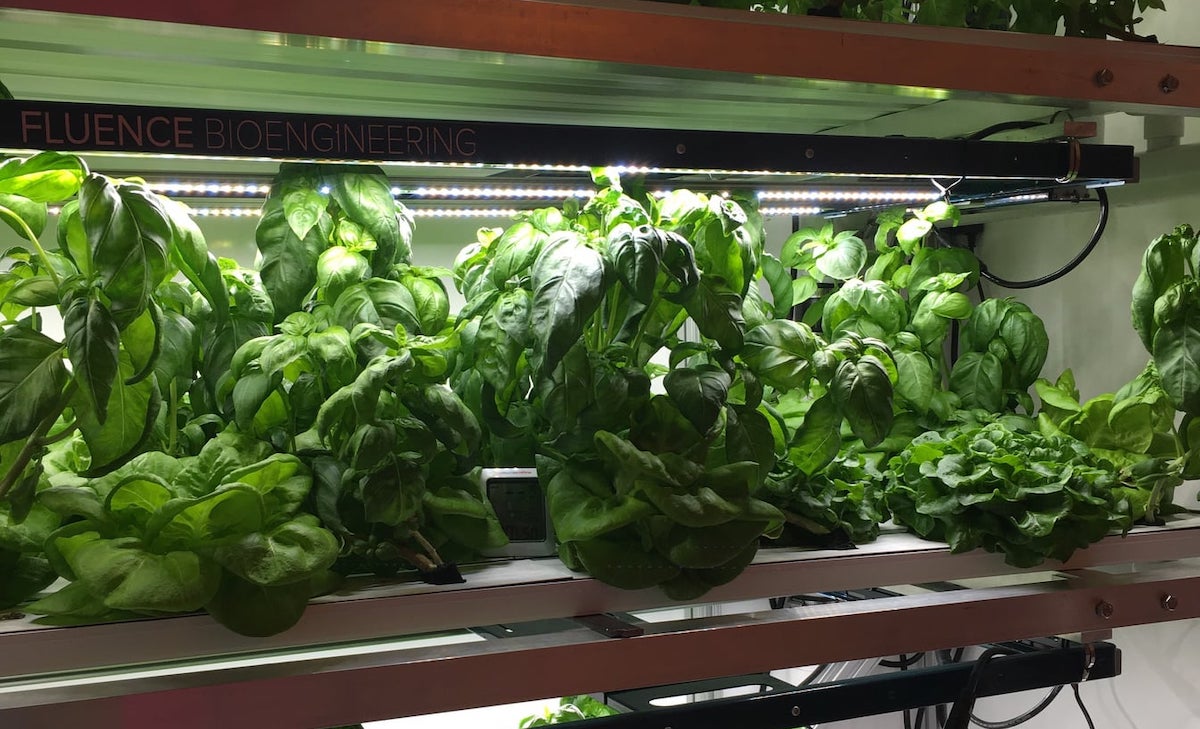
- Details
- By Chez Oxendine
- Food | Agriculture
The traditional homelands of the Alutiiq tribe on the Kodiak Archipelago of Alaska is home to just eight farms, and a single trip to the mainland requires both a long drive and a plane ride.
However, remoteness is only one hurdle that local farmers face in connecting with agencies like the U.S. Department of Agriculture and accessing various programming, the barriers to which are exacerbated even compared to other chronically underserved communities.
The distance makes the USDA’s Outreach and Assistance for Socially Disadvantaged Farmers and Ranchers and Veteran Farms and Ranchers Program crucial for Native producers in the archipelago, according to Roberta Townsend Vennel, project director of the Kodiak Archipelago Leadership Institute.
Want more news like this? Get the free weekly newsletter.
The USDA grantmaking program, also called the 2501 Program, aims to improve underserved communities’ access to USDA training, outreach and technical assistance through partnerships with tribal entities, higher educational institutions and nonprofit organizations such as Kodiak Archipelago Leadership Institute.
“I can’t say enough about them — they’re a great program staff, they’re very easy to work with,” Vennel said. “It’s allowed us to deepen our farming skills.”
The USDA in mid-March announced a $35 million grant funding opportunity under the 2501 Program for the 2022-2023 fiscal year. The program builds on a continued flow of grants and funding opportunities meant to address systemic disadvantages facing underserved communities in the last year, as well as the creation of an Equity Commission to guide the department’s efforts.
“It has always been hard for the beginning farmer, the young farmer, the specialty crop grower to access and make use of USDA programs — and even more so for farmers of color who were denied access because of historical discrimination in farm programs,” Lisa Ramirez, director of the USDA Office Of Partnerships and Public Engagement, said in a statement. “2501 funding helps historically underserved groups more fully access and participate in USDA programs and services.”
Projects funded by the 2501 program focus primarily on education. The grant criteria require applicants to use funds specifically for agricultural education and related services to socially disadvantaged demographics.
The Office of Partnerships and Public Engagement, which administers 2501 Program funding, will hold two webinars on the funding opportunity: one on March 30 and another on May 4. According to the funding opportunity notice, applicants must submit proposals by June 8.
Since 2010, the program has awarded 563 grants totaling more than $158 million, according to the USDA office. Last year’s funded projects, for example, include everything from opening new farm schools to providing financial education for farmers just getting started. Individual awards ranged from about $250,000 to $750,000.
That includes approximately $531,000 for the Kodiak Archipelago Leadership Institute, which has embarked on a three-year project to establish a farming network across the archipelago. The nonprofit plans to ensure all eight farms on the islands are financially and operationally sustainable by September 2023, according to the project description.
So far, that’s meant providing Kodiak farmers with region-specific information on what crops to choose and how to grow them, which has proved invaluable for adapting to the area’s climate, Vennel said.
“We did a webinar series on what grows in Kodiak — root crops, greens, warm season crops — trying to get that kind of specific information so that you can make simple choices like seeds in what you finally produce and how successful you are in production,” Vennel said. “We were able to take some of our funding and develop a really nice series of soil building videos, fruit tree videos.
“That kind of stuff has made a big difference, and now we have a library of material that’s been developed specifically for our region. It was really quite a gift for us.”
Just eight years ago, the Kodiak Archipelago lacked any farms. Now, the area’s budding operations thrive thanks partly to participation in federal programs like 2501, according to Vennel.
“We’re getting more USDA programs, we’re participating in more programs now as a result of the 2501 program,” Vennel said. “Those programs make you feel like you’re part of a larger community, which is really important when you work in a place like Kodiak, Alaska.”
